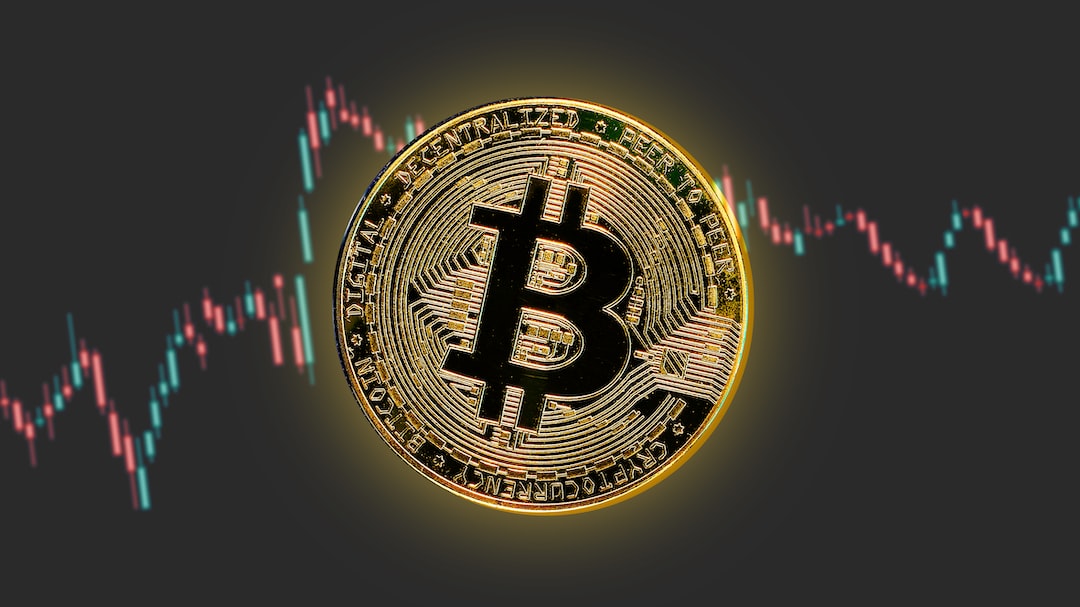Karl Sebastian Greenwood, Co-Founder of OneCoin, Sentenced to 20 Years in Prison
Karl Sebastian Greenwood, one of the co-founders of the infamous pyramid scheme OneCoin, has been sentenced to 20 years in prison. Greenwood pleaded guilty in December for his role in fabricating and promoting the fake digital currency, which defrauded investors out of $4 billion. He served as the right-hand man to Ruja Ignatova, known as the “Cryptoqueen,” who is still at large and wanted by the FBI.
The Deception of OneCoin
US District Judge Edgardo Ramos presided over the case and highlighted the extraordinary level of deception involved in the scheme. OneCoin pretended to be a legitimate cryptocurrency platform, but it had no blockchain, trading market, or token. Investors were unable to retrieve their capital, and the judge referred to the scam as “old-fashioned snake oil.”
Implications and Financial Gains
Greenwood’s sentencing marks a significant milestone in the investigation into OneCoin, regarded as one of the largest pyramid frauds in history. The scheme affected around 3.5 million people worldwide and led to heightened regulatory scrutiny of digital assets. Greenwood personally profited $300 million from the scam, which he spent on luxury residences, travel, and items, including a deposit for a Sunseeker yacht. The court has ordered him to forfeit these illicit gains as part of the sentencing.
Hot Take: Justice Served for OneCoin Co-Founder
The sentencing of Karl Sebastian Greenwood to 20 years in prison sends a strong message to those involved in cryptocurrency fraud. OneCoin was a massive pyramid scheme that preyed on unsuspecting investors, causing them significant financial harm. Greenwood was a key figure in perpetrating this deception, and his culpability in defrauding billions of dollars cannot be ignored. Although his remorse may seem insincere, his punishment should bring some semblance of justice to the countless victims of OneCoin. It also serves as a reminder that regulatory measures need to be strengthened to protect individuals from falling victim to such scams in the future.





 By
By
 By
By
 By
By
 By
By

 By
By